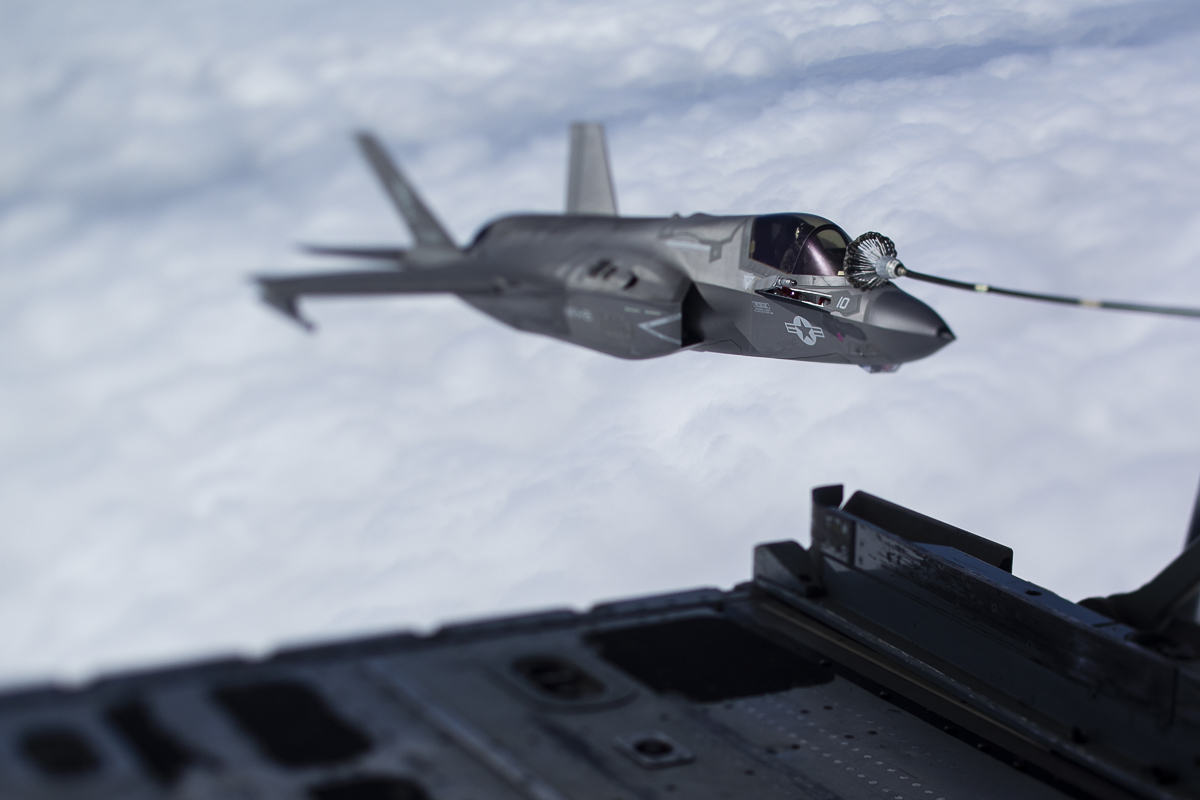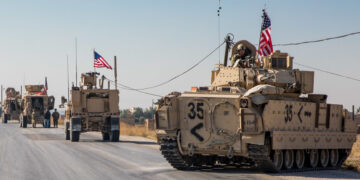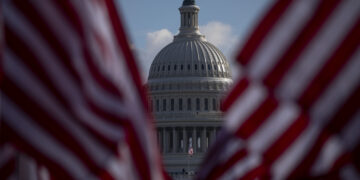
Last week, U.S. National Security Adviser Jake Sullivan travelled to China for a multi-day trip in an attempt to keep relations between Washington and Beijing on a somewhat even-keel as the United States prepares for a political transition in several months’ time.
The trip was notable in several respects. It was the first time in eight years that a U.S. national security adviser made the trip to Beijing, and Sullivan managed to grab a meeting with General Zhang Youxia, the Vice Chairman of the Central Military Commission. The mere fact that this specific meeting occurred, after a two-year freeze in communications with its military officials, suggests that China’s President Xi Jinping is as interested in maintaining stability over the proceeding months as the Biden administration is.
The readouts of the conversations don’t tell us much. On the U.S. side, the word of the day was “responsibility,” as in both superpowers have a responsibility to ensure the competition between them doesn’t veer into a conflict. While this phrase has taken on a robotic-like character over the years, it happens to be true.
The consequences of a direct U.S.-China conflict, either over Taiwan, the disputed shoals of the South China Sea or by sheer miscalculation, are unfathomable. One war-game conducted earlier in the year assessed that tens of thousands of U.S. service members would be lost in addition to dozens of ships and hundreds of aircraft. The economic repercussions would be just as gargantuan, with perhaps as much as 10 per cent of global gross domestic product wiped out.
More on Asia

Featuring Dan Caldwell
July 13, 2025

By Jennifer Kavanagh and Dan Caldwell
July 9, 2025

Featuring Jennifer Kavanagh and Dan Caldwell
July 9, 2025

Featuring Lyle Goldstein
July 4, 2025





